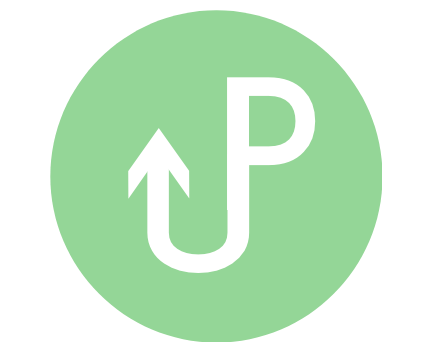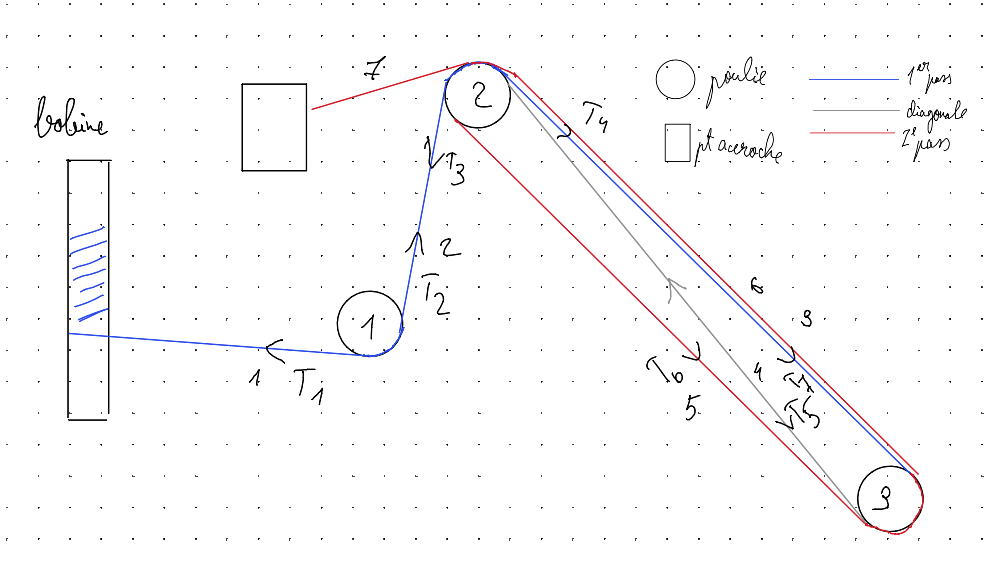How To Stay Sane During Exams?

“We can be blind to the obvious, and we are also blind to our blindness.” Daniel Kahneman
Finals season is creeping in. It is time to slow down on the partying front and start figuring out what exactly is on these exams. Unlike the French I did have my High School finals or BAC exams as they call it here. In my opinion the fact that I did have them is great because I have a little more experience in preparing exams. I made my fair share of mistakes last year and I believe I know how to avoid them this time around.
When preparing for exams I like to meticulously plan out my weeks before the starting day to have clear study sessions set in stone. I find that it is important to have a plan. It is always possible to deviate from it, but if a plan is not there in the first place then I often find myself lost. This illustrates the idea of decision fatigue. The more decisions we have to make the more tired we get of making those decisions. After a certain amount of decisions the quality of the decisions starts decreasing. Thus we can understand the danger of studying without a plan. It means that once we do gather the will power to sit down to start working, we still have to decide what to study. That can sometimes be the one step too much. This can make us prone to procrastination.
Of course there are times where we have to deviate from the plan – it is not possible to follow a plan perfectly, and that’s fine. Last year I really struggled with feeling guilty when skipping out on one or two study sessions to go play volleyball with classmates. Just as a general reminder that keeping your social life during exams is allowed. You do not have to isolate yourself from the world, in truth this human contact is actually a great way to recharge. What if I told you that the time you take off is almost as important as the work you put in?
The most important idea to keep in mind when studying is mens sana in corpore sano (Latin for “a sound mind in a sound body”). From personal experience I function better as a student (but also as a person) when I am feeling healthy. Staying healthy for me is a mix of three factors: sleep, working out and leisure time. These factors can change for some people but these specific ones tend to play an important role.
Sleep is something that many students overlook. When talking to my peers and/or friends I often hear of the four-hour nights spent on revenge bedtime procrastination. Sleep is necessary to be alert and ready to tackle the day, furthermore sleep also plays a role in memory consolidation. This means that if we do not get enough of it we might be losing certain chunks of the information studied. The requirement for sleep is 7 to 9 hours for an adult. This of course depends on the person, but if we talk long term, less than 7 hours of sleep is where the body’s ability to function declines.
I have always gone to some sort of trainings – from tennis to volleyball passing through football. Around the time covid started I had to make a decision about my exercising habits. Since all trainings were cancelled I had to do it myself. It is the point at which I understood the importance of physical activity for me. It was not only a way to keep my body in shape but to also keep my mind at ease. Furthermore I felt extra motivated to do school work on days which I did a work out (here's a study about that). A little later in time I heard Charles Duhigg say in The Power of Habit that “exercise is a keystone habit that triggers widespread change.” So exercise is not only a great way to release stress but also a way to build a better life overall.
Leisure time, like sleep, is often misunderstood. Taking a break is important because we can only focus for a certain amount of time. Going over that amount of time is unproductive. It's just like when exercising – when the workout is too long and intense it will usually lead to a lack of form which in turn can cause injury. Injury in our case would be burnout. The best version of leisure is doing something rewarding. This can be doing chores while listening to music or a podcast, reading a book or simply going for a walk. All these activities have a mindful aspect to them and thus help us recharge best. Yielding to our social feeds or watching a series is also a form of leisure but it is not the type that helps us genuinely rest because it just overstimulates our minds.
All of these tips might seem very obvious but that is precisely why they need to be repeated. Sometimes we forget to apply the most obvious things. Last year I really struggled with overplanning and leisure time. This year I literally schedule leisure time to sort of force myself to take a mindful break. In conclusion to perform better on your exams (apart from putting in the work) it is necessary to recharge and reflect!
This week's suggestions:
🎬 How to manage your time more effectively (according to machines):
Time-management explained in a creative yet very simple manner. Great ROI as well, the video is only 5 minutes long.
📖 The 7 Cognitive Biases that Keep You from Making Better Decisions:
Very entertaining read. Would highly suggest if You want to learn something new about yourself today! This blogpost breaks down how cognitive biases affect our lives but also how to combat them!
Thanks for being here!




